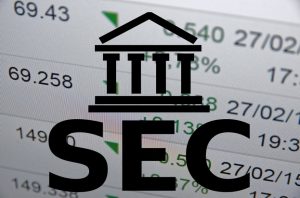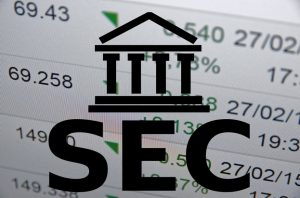The SEC’s Temporary Suspension Of Marijuana Company, CannaBusiness Group, LLC Trading
Marijuana is still an illegal substance in a number of states (and on the federal level.) But with the increased evidence of medical benefits, many states have begun legalization for medical use. Some, like California and Colorado, have also legalized it for recreational use. Companies are now looking for ways to cash in on this new “green” industry, from growing to manufacturing and processing, as well as associated industries like equipment, real estate and legal services.
 One company that began dealing with acquiring and leasing land for growing marijuana is CannaBusiness Group out of California. CannaBusiness was founded in 1985, and became a publicly traded company (CBGI) in 2005. CannaBusiness is in the business of the marijuana industry support services, not growing, harvesting and processing. However, the company seems to have fallen off the radar.
One company that began dealing with acquiring and leasing land for growing marijuana is CannaBusiness Group out of California. CannaBusiness was founded in 1985, and became a publicly traded company (CBGI) in 2005. CannaBusiness is in the business of the marijuana industry support services, not growing, harvesting and processing. However, the company seems to have fallen off the radar.
According to the company’s Facebook page and other pages that discuss it, CannaBusiness is about “real estate acquisition, leasing, and management firm whose primary focus is on zoning issues.” Calling itself “services for the medical marijuana industry,” the description includes that the company has: “also developed an acquisition plan to acquire companies that sell products and services to include security services, e-commerce store fronts for both grow and dispensary operations, technology solutions, software solutions, and miscellaneous solutions. It is actively involved in the capitalization, development and acquisition of marijuana based consumer products as well as the supporting technologies.”
 Securities Arbitration Lawyers Blog
Securities Arbitration Lawyers Blog


 This week, the
This week, the 
 The SEC is seeking civil relief penalties and disgorgement of the ill-gotten gains against the defendants and the companies.
The SEC is seeking civil relief penalties and disgorgement of the ill-gotten gains against the defendants and the companies. Broker Emil Bottvinnik (
Broker Emil Bottvinnik ( The SEC announced this week
The SEC announced this week Much like
Much like  Prior to the bankruptcy, the SEC and the US Attorney’s office in the Southern District of Florida opened similar investigations into the companies. Court documents indicate that the companies used “independent sales organizations, underwriters and other funding agents” to find and secure investors. Once the investigations began, the company could no longer raise capital, and filed for Chapter 11 bankruptcy to protect assets and continue the business. (Another company called 1st Global, located in Dallas, is unrelated.)
Prior to the bankruptcy, the SEC and the US Attorney’s office in the Southern District of Florida opened similar investigations into the companies. Court documents indicate that the companies used “independent sales organizations, underwriters and other funding agents” to find and secure investors. Once the investigations began, the company could no longer raise capital, and filed for Chapter 11 bankruptcy to protect assets and continue the business. (Another company called 1st Global, located in Dallas, is unrelated.)